All Stories
-
 Health & Medicine
Health & MedicineReaders intrigued by ancient animals’ bones
Readers had questions about gut bacteria, woolly rhino ribs and ancient horses hooves.
-
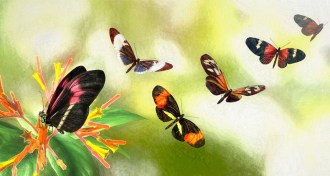 Life
LifeDefining ‘species’ is a fuzzy art
Here's why scientists still don't agree on what a species is.
By Susan Milius -
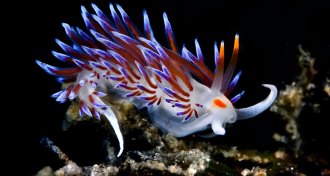 Animals
AnimalsThis sea slug makes its prey do half the food catching
Nudibranchs’ stolen meals blur classic predator-prey levels.
By Susan Milius -
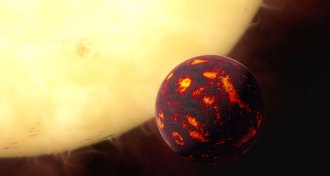 Astronomy
AstronomyHot, rocky exoplanets are the scorched cores of former gas giants
Hot, rocky exoplanets are probably the scorched cores of former gas giants, so astronomers shouldn’t trust them for information about true Earth twins.
-
 Science & Society
Science & SocietyTrauma surgeon studies gun violence stats — and was one
Joseph Sakran is trying to help counter the U.S. epidemic of gun violence with data.
-
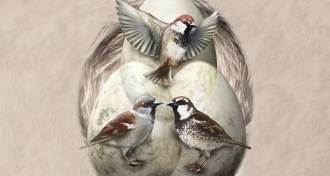 Life
LifeHybrids reveal the barriers to successful mating between species
Scientists don’t understand the process of speciation, but hybrids can reveal the genes that keep species apart.
-
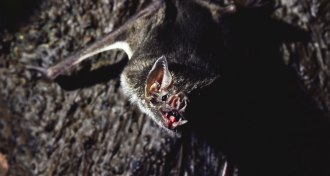 Animals
AnimalsScary as they are, few vampires have a backbone
Researchers speculate on why there are so few vampires among vertebrates.
By Susan Milius -
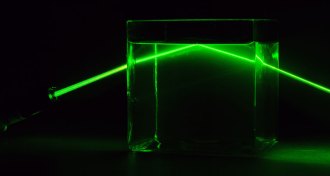 Physics
PhysicsPhotons are caught behaving like superconducting electrons
Light particles, or photons, swap energy like electrons in a superconductor.
-
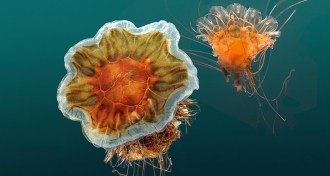 Animals
AnimalsHere’s the real story on jellyfish taking over the world
In 'Spineless,' a former marine scientist reconnects with the seas and science through her obsession with these enigmatic creatures.
-
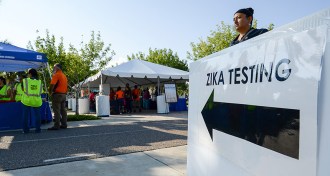 Health & Medicine
Health & MedicineZika hasn’t been in the news much, but that doesn’t mean it’s gone
Cases of Zika have dropped as more people become exposed, but the virus will likely emerge again in the future.
-
 Psychology
PsychologyWhether psychology research is improving depends on whom you ask
Psychologists are pessimistic about the state of their field but want to improve, a survey shows. But are new measures working?
-
 Earth
EarthA deadly 2014 landslide’s power came from soils weakened by past slides
Researchers reconstruct how a hillside failed, producing the deadly 2014 Oso landslide.